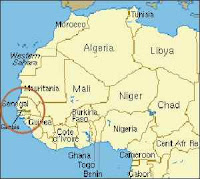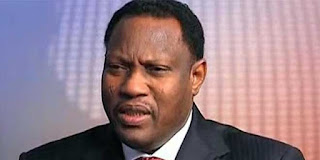2016 Elections round-up and 2017 elections prelude
2016 was a big year for elections in ECOWAS countries: Benin , Cape Verde, Gambia , Ghana , and Niger had presidential elections. Only in Cape Verde and Niger did an incumbent win (unless you believe Jammeh in Gambia that he should have won as well). Cape Verde, Côte d'Ivoire, Ghana, Niger, and Nigeria had parliamentary elections. Cote d'Ivoire and Senegal both had constitutional referenda. Nigeria had gubernatorial and local elections, and Niger had local elections. 2017 has fewer elections planned for ECOWAS countries: Liberia has a presidential election in October and a constitutional referendum planned. Gambia has a parliamentary election in April (and a disputed presidential inauguration in January) Senegal and Sierra Leone have general elections. Guinea and Niger have local elections.









